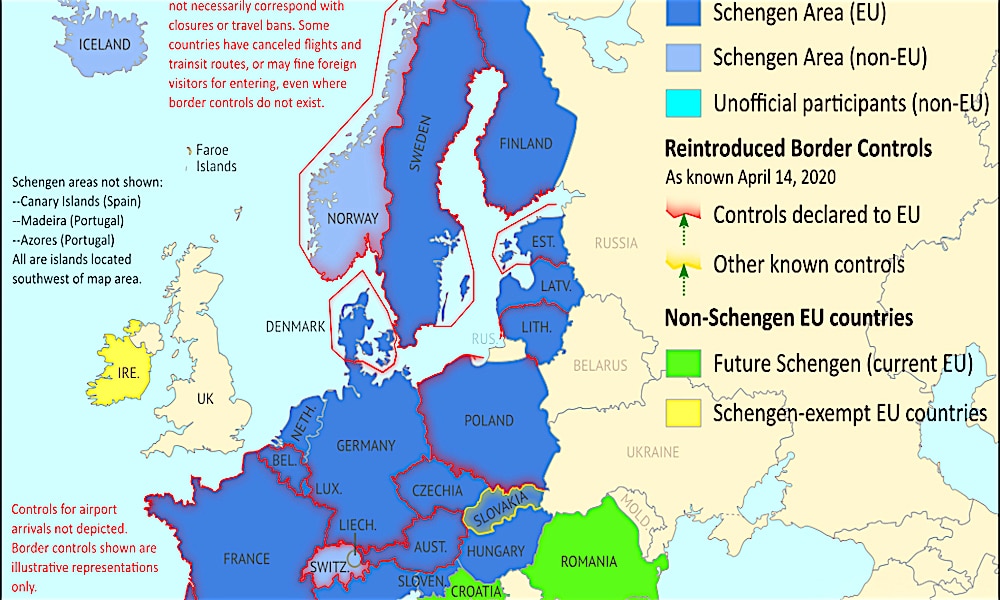
The International Air Transport Association (IATA) has urged European governments to co-ordinate efforts to lift border restrictions and to find alternatives to quarantine measures in order to avoid further economic damage. The call comes as part of an update on the impacts of the Covid-19 pandemic on air passenger numbers, employment and economies across the region.
Although the European market has seen an increase in the number of flights in recent months, supported by the reopening of borders between countries of the Schengen area and the non-Schengen EU states, flights are still more than 50% below the same period in 2019.
Passenger numbers are currently forecast to fall by around 60% in 2020, which represents about 705 million passenger journeys. The near-term outlook for recovery in Europe remains highly uncertain with respect to the second wave of the pandemic and the broader global economic impact it could have. Passenger demand in Europe is expected to recover gradually and will not reach 2019 levels until 2024.
With air travel not recovering as originally hoped, the negative impact on employment has increased. More than seven million jobs supported by aviation (including tourism) in Europe are now at risk (up from the six million estimated in June).
“It is desperately worrying to see a further decline in prospects for air travel this year, and the knock-on impact for employment and prosperity,” said Rafael Schvartzman, IATA Regional Vice President for Europe. “It shows once again the terrible effect that is being felt by families across Europe as border restrictions and quarantine continue. It is vital that governments and industry work together to create a harmonised plan for reopening borders. A stop-go-stop approach to lifting restrictions cannot be the answer.”
Governments must look at a co-ordinated way to lift travel restrictions and find alternatives to quarantine requirements, said IATA. International co-operation to isolate and precisely manage risks is critical to rebuilding confidence in travel. Of crucial importance is the layering of measures as an alternative to quarantine, including the universal implementation of the ICAO biosafety measures, comprehensive contact tracing, and the potential for testing regimes that are fast, accurate, scalable and affordable.




